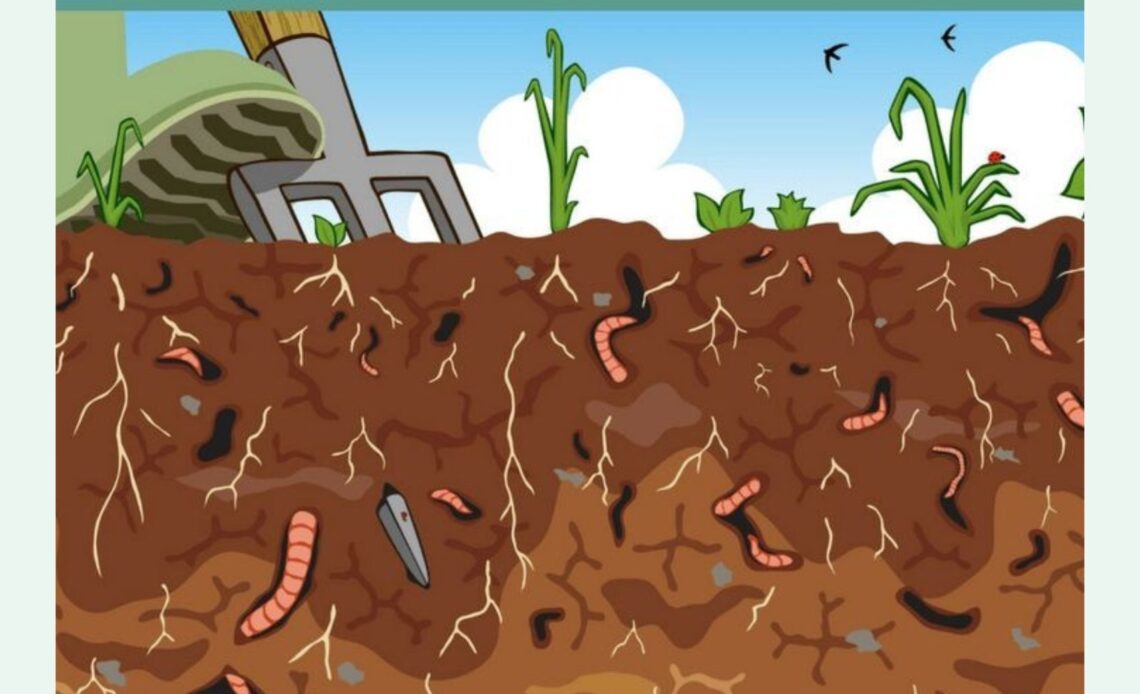Earthworms play a crucial role in maintaining healthy soil. These natural soil engineers improve soil structure, enhance aeration, and boost nutrient content, making them invaluable for gardeners. Attracting earthworms to your garden can lead to more fertile soil, healthier plants, and a sustainable growing environment. If you want to encourage earthworms to thrive in your soil, follow these four simple but effective strategies.
### 1. Keep the Soil Moist
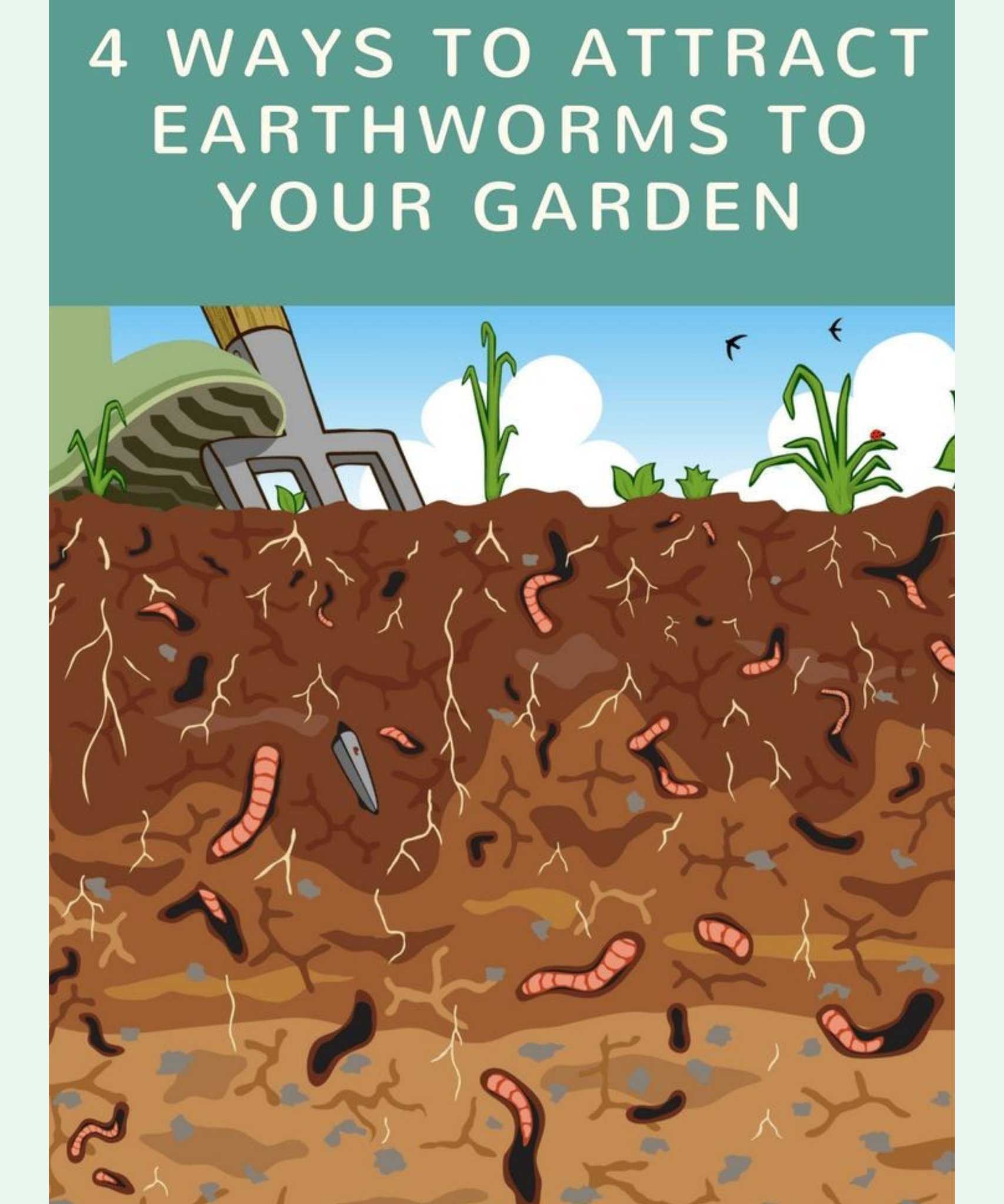
Earthworms require moisture to survive because they breathe through their skin. If the soil becomes too dry, they will either burrow deeper or leave in search of a more suitable habitat. Ensuring your soil remains consistently moist is essential to attracting and retaining earthworms in your garden.
#### How to Maintain Soil Moisture:
– **Water Regularly:** Provide your garden with regular watering, especially during dry seasons. However, avoid overwatering, as excessively wet soil can suffocate worms by limiting the oxygen available in the soil.
– **Use Mulch:** Organic mulch, such as straw, wood chips, or shredded leaves, helps retain soil moisture by reducing evaporation. It also provides a cool environment for earthworms, encouraging them to stay near the surface where they can contribute to soil fertility.
– **Improve Drainage:** While moisture is essential, stagnant water can be detrimental. Ensure your garden has proper drainage to prevent waterlogging, which can lead to anaerobic soil conditions that harm earthworms.
By maintaining optimal moisture levels in your soil, you create a welcoming environment for earthworms, allowing them to thrive and enhance soil quality naturally.
### 2. Add Organic Matter
Earthworms are attracted to soil rich in organic matter, as it provides them with a continuous food source. Organic matter not only nourishes worms but also improves soil fertility by increasing microbial activity and enhancing nutrient availability for plants.
#### Best Sources of Organic Matter:
– **Compost:** Adding compost to your soil introduces beneficial microorganisms and decomposing organic material that earthworms love. Kitchen scraps, grass clippings, and plant-based waste can be excellent additions to your compost pile.
– **Aged Manure:** Well-rotted animal manure, such as cow, horse, or chicken manure, provides a high-nutrient food source for earthworms. Ensure the manure is aged and free of synthetic additives.
– **Shredded Leaves and Grass Clippings:** These natural materials break down over time, creating an ideal environment for worms to feed and reproduce. Leaf litter also mimics the organic-rich topsoil found in forests, a natural habitat for earthworms.
By consistently enriching your soil with organic matter, you provide earthworms with an abundant food supply, encouraging them to remain active and continue improving soil health.
### 3. Avoid Soil Disturbance
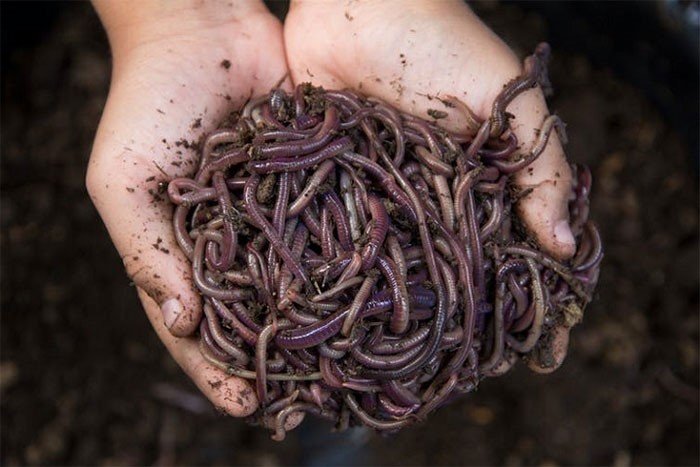
Frequent soil disturbance can disrupt earthworm tunnels, harm their habitat, and significantly reduce their population. Traditional gardening practices that involve excessive digging and tilling can negatively impact the soil structure and the worms living within it.
#### How to Minimize Soil Disturbance:
– **Practice No-Dig Gardening:** Instead of turning the soil frequently, use a no-dig approach by layering compost, mulch, and organic matter on top of the soil. This method not only protects earthworms but also improves soil fertility over time.
– **Use Raised Beds:** Raised garden beds reduce the need for excessive soil disturbance and create a stable, nutrient-rich environment where worms can thrive.
– **Apply Organic Mulch:** Spreading mulch on the soil surface reduces the need for weeding and digging while providing a protective layer that supports worm activity.
By reducing soil disturbance, you encourage earthworms to establish long-term colonies, allowing them to enhance soil aeration, drainage, and fertility naturally.
### 4. Maintain a Healthy Soil pH
Earthworms thrive in neutral to slightly acidic soil conditions, with a preferred pH range of 6.0 to 7.5. If your soil is too acidic or alkaline, it can deter earthworms and negatively impact overall soil health.
#### Steps to Maintain Optimal Soil pH:
– **Test Your Soil:** Conduct a soil pH test using a simple home testing kit or seek professional soil analysis. Knowing your soil’s pH allows you to make informed adjustments.
– **Amend Soil as Needed:** If your soil is too acidic (below 6.0), add agricultural lime to raise the pH. If it is too alkaline (above 7.5), use sulfur or organic matter such as pine needles to lower the pH.
– **Avoid Harsh Chemicals:** Synthetic fertilizers, pesticides, and herbicides can alter soil pH and harm earthworms. Opt for organic fertilizers and natural pest control methods to maintain a worm-friendly environment.
Ensuring balanced soil pH not only benefits earthworms but also promotes overall plant health by improving nutrient availability and root development.
### Additional Benefits of Encouraging Earthworms
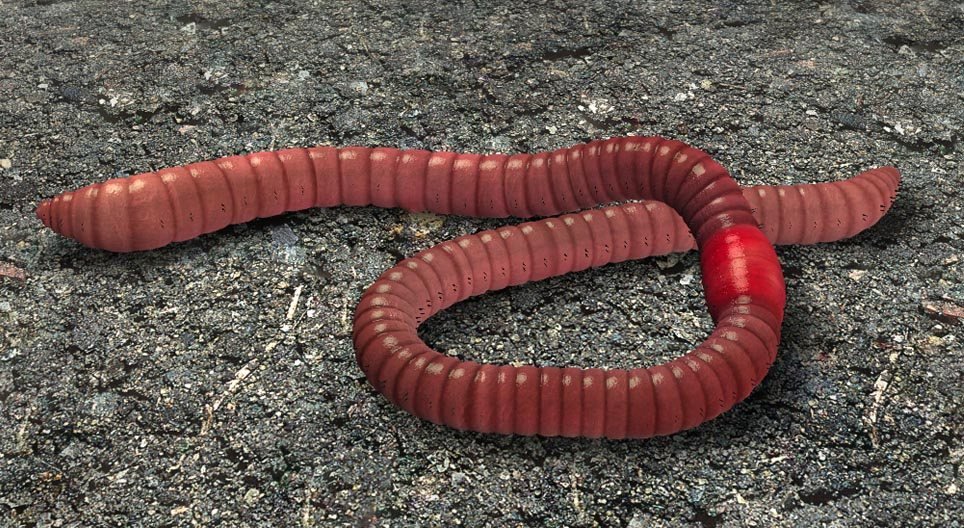
Beyond soil aeration and nutrient enrichment, earthworms provide numerous advantages that make them essential to a thriving garden. Here are some additional benefits:
#### 1. **Enhanced Soil Structure**
Earthworms burrow through the soil, creating channels that improve soil porosity and drainage. This process helps prevent compaction, allowing roots to access water and nutrients more efficiently.
#### 2. **Natural Fertilization**
Worm castings, or vermicompost, are rich in essential nutrients such as nitrogen, phosphorus, and potassium. These natural fertilizers improve soil fertility without the need for synthetic chemicals.
#### 3. **Pest and Disease Control**
Healthy soil teeming with earthworms fosters a balanced ecosystem, reducing the likelihood of harmful pests and soil-borne diseases. Beneficial microbes introduced by earthworms help suppress plant pathogens and support overall garden resilience.
### Common Mistakes to Avoid
While attracting earthworms to your garden is relatively simple, certain practices can deter them or negatively impact their population. Here are some common mistakes to avoid:
#### 1. **Over-Tilling the Soil**
Frequent tilling disrupts earthworm tunnels, making it harder for them to survive. Limit digging to essential tasks and prioritize no-dig gardening methods.
#### 2. **Using Chemical Pesticides and Fertilizers**
Synthetic chemicals can harm earthworms and reduce soil biodiversity. Choose organic and natural alternatives to maintain a healthy ecosystem.
#### 3. **Allowing Soil to Dry Out**
Earthworms need moisture to survive. Regularly check soil moisture levels and use mulch to retain hydration.
By avoiding these mistakes, you can create a thriving habitat for earthworms and enjoy the benefits of naturally enriched soil.
### Conclusion
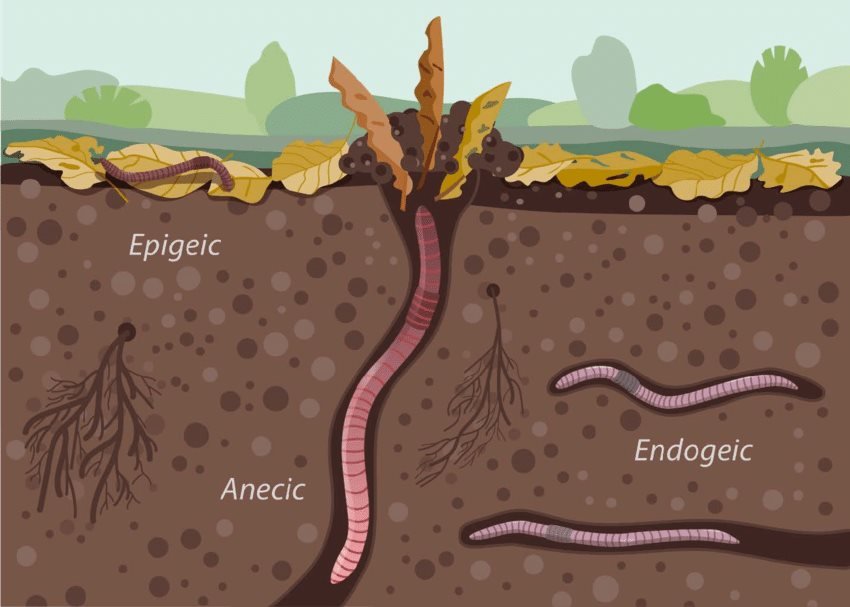
Encouraging earthworms in your garden is one of the simplest and most effective ways to enhance soil health, improve plant growth, and create a sustainable growing environment. By maintaining soil moisture, adding organic matter, minimizing disturbance, and balancing soil pH, you can make your garden an irresistible haven for these beneficial creatures. Implement these strategies today and experience the long-term rewards of a garden teeming with life and fertility.
